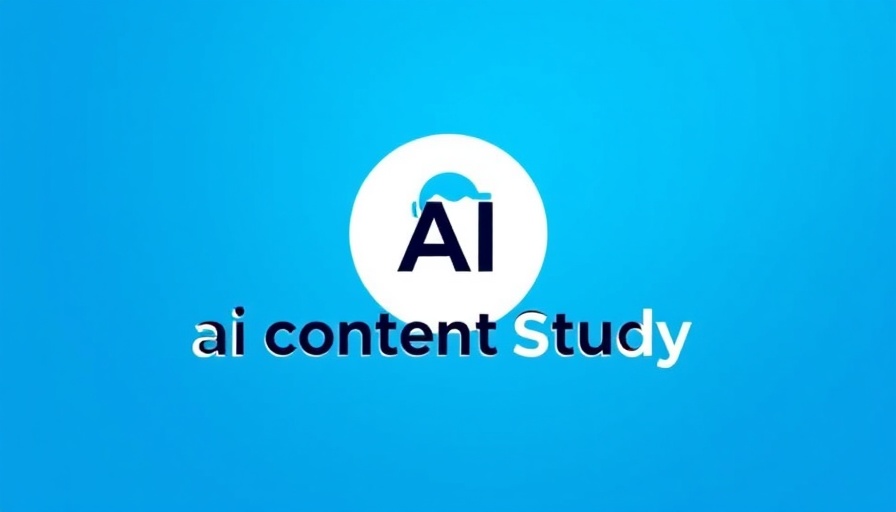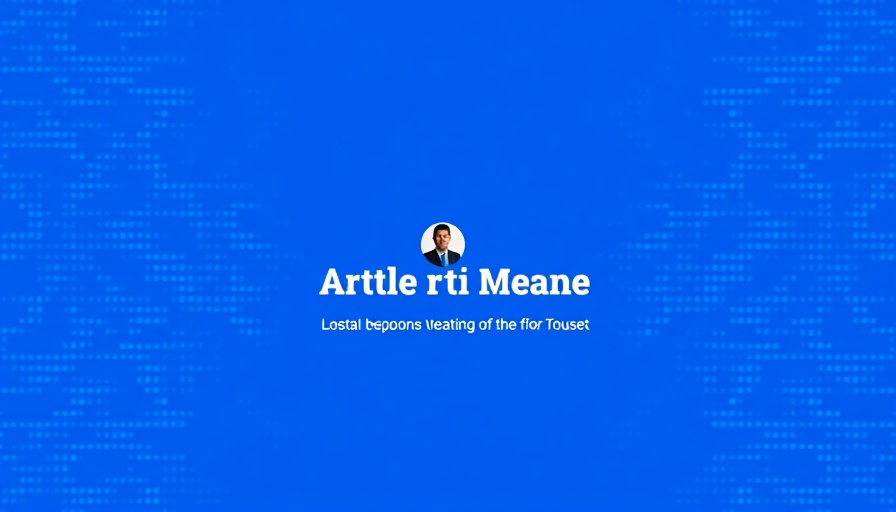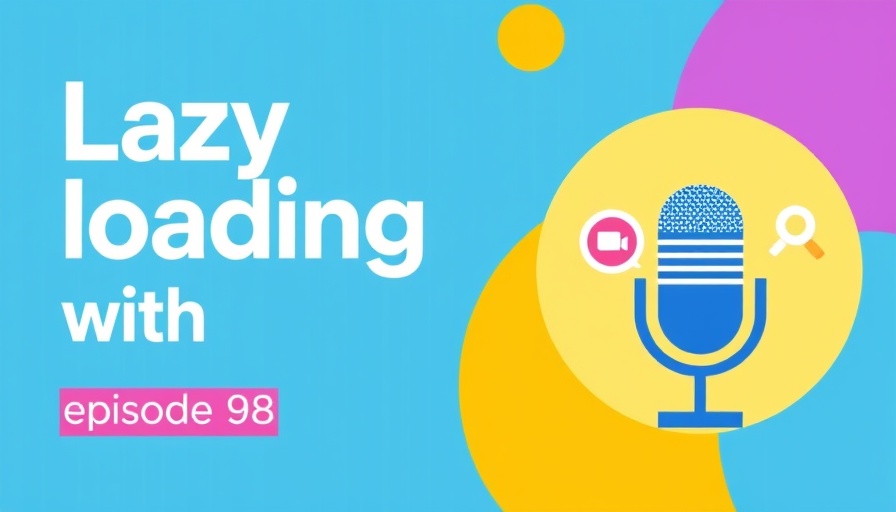
Understanding Google’s Stance on AI Content
In the ever-evolving landscape of digital marketing, content generation powered by artificial intelligence (AI) has sparked intense debates among marketers and search engine optimization (SEO) experts alike. According to a recent analysis of over 600,000 web pages by Ahrefs, AI-generated content does not harm search engine rankings. This revelation aligns with Google’s own stance, which actively embraces AI technology, suggesting its growing acceptance in the field of content creation.
SEO Metrics: The True Impact of AI-Generated Content
The study conducted by Ahrefs discovered that only a mere 4.6% of top-ranking pages were composed entirely of AI-generated text, with the majority—86.5%—featuring a combination of human and AI elements. This finding is significant, as it indicates that numerous websites are leveraging AI for enhancement rather than replacement. If Google were to penalize AI content, the high percentage of mixed content could hardly be justified. With AI’s ability to optimize writing, improve grammar, and even generate new ideas, many marketers find it an invaluable tool in their content creation arsenal.
Debunking the Myths Surrounding AI and Google Rankings
Many in the SEO community harbor concerns about Google’s potential bias against AI-generated content. However, the data reveals a clear message: Google’s algorithms do not discriminate against AI-assisted writing. Instead, as seen in the metrics, there is negligible correlation (0.011) between the ratio of AI content and search ranking positions. This clarity challenges the misconceptions that have lingered in the minds of digital marketers since AI’s rise in content generation.
AI’s Role in Modern Content Creation: An Acceptable Partner or a Threat?
As AI continues to evolve and permeate content marketing strategies, it is crucial for marketers to adapt. The distinction between purely human creation and AI-assisted writing is becoming increasingly blurred. With up to 81.9% of pages analyzed showing a blend of both, professionals may need to reconsider their approach; rather than viewing AI as a competitor, it should be seen as an ally in enhancing the quality of content. This paradigm shift indicates that our future content strategies will likely rely on an intelligent mix of human insight and AI efficiency.
What This Means for Marketers
For content creators, understanding this dynamic between human and AI content can create a more robust digital strategy. Recognizing the roles both can play in improving engagement and search engine visibility is essential. Embracing AI tools could lead to enhanced productivity, more significant innovation, and ultimately, more substantial audience connection.
In conclusion, as the landscape of SEO continues to shift, it’s evident that AI-generated content does not pose a threat to rankings but rather represents a change in how content can be created. Marketers should take this opportunity to explore the potential benefits of AI tools without fear of negative repercussions on their search performance.
This article serves as a crucial reminder of the importance of adapting to new technologies while maintaining the core aspects of quality marketing practices. Readers interested in mastering the nuances of digital marketing in this AI-influenced era must stay informed and open to innovative strategies.
 Add Row
Add Row  Add
Add 




Write A Comment